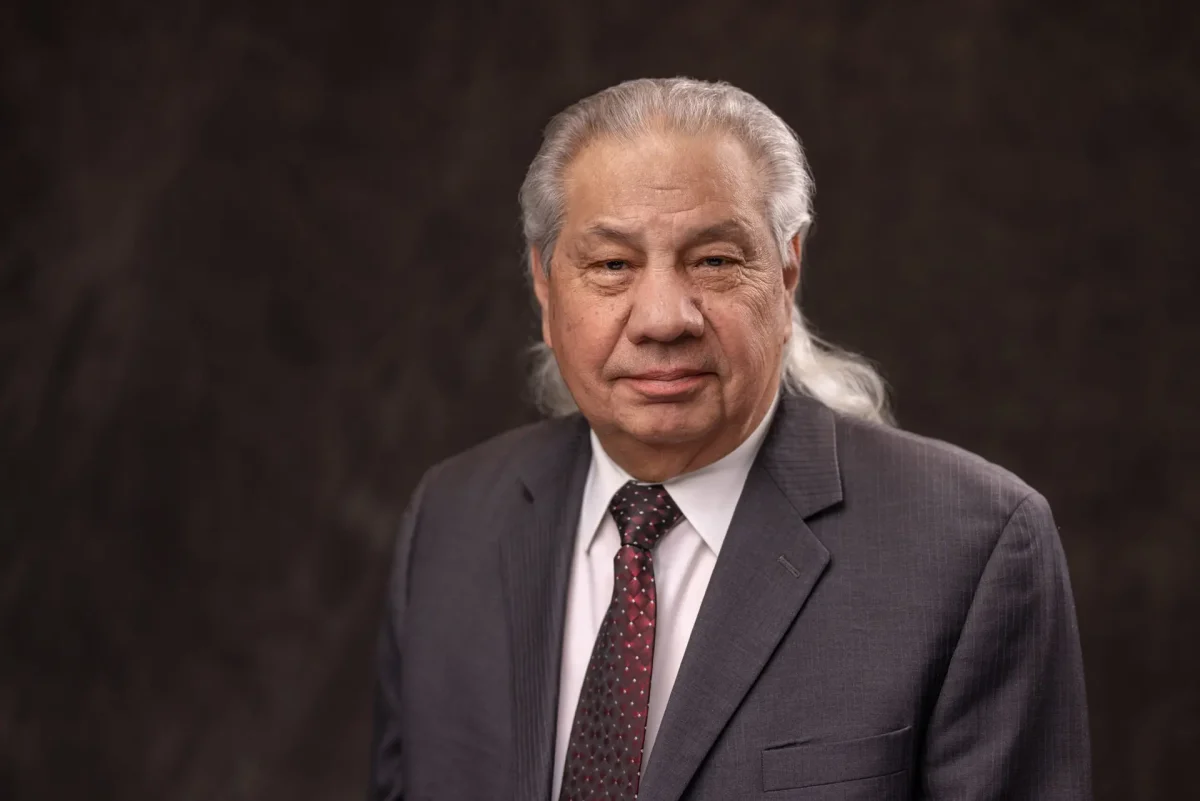Throughout history, Native Americans have mainly been viewed through the lens of their struggle against colonization. It is common to skip over the contributions that Native Americans have had not only in the United States, but also the world. From achievements in politics and social activism to major artistic and educational advancements, Native Americans have had a profound impact on shaping modern society. Here are just a few contemporary examples.
Law and Civil Rights: John EchoHawk
John EchoHawk is a Native American attorney and founder of the Native American Rights Fund. Born August 12, 1945 into a Pawnee family, he would later enroll as a citizen of the Pawnee tribe. EchoHawk received his law degree from the University of New Mexico School of Law in 1970 and decided to use his expertise to help Native Americans who may not have the resources to resolve their legal and political issues. After law school, EchoHawk joined the staff of California Indian Legal Services, then joined other lawyers and tribal members to eventually form the Native American Rights Fund in 1970. This organization shared similarities with the National Association for the Advancement for Colored People, as both were based on civil rights for their respective groups. EchoHawk centered the Native American Rights Fund preserving tribes, protecting resources, human rights, ensuring government responsibility and fair representation. EchoHawk served on Obama’s first transition team on Indian affairs and was considered by the Obama administration as a possible nominee to the federal bench, proving his success not only for his life but also for the Native people.
Social and Environmental Activism: Confederated Salish and Kootenai Tribes
The Confederated Salish and Kootenai Tribes of Montana have had a significant impact on climate change activism by creating environmental plans, planting more trees resistant to diseases related to weather, and educating others about climate change. The Confederated Salish and Kootenai Tribes (CSKT) have attempted to counter climate change for years, mainly motivated by the temperature and precipitation predictions identified in the early 2010s that have been greatly exceeded. To counter it, the CSKT have been gathering and planting seedlings of the whitebark pine, as it is more resistant to warming-related diseases. This is the stepping stone in restoring an ecosystem, and a vital one at that, as whitebark is a keystone species and plays a crucial role in maintaining biodiversity. The CSKT have also worked with their administration, elders and scientific leaders to identify climate adaptation strategies that preserve the tribe’s natural and cultural resources, including forestry, land, fish, wildlife and more. A vulnerability and risk assessment was conducted for each topic, unsurprisingly identifying that climate change has a high probability of altering the availability of natural resources. CSKT climate change strategic plans established goals and actions for addressing these impacts, including timeframes and lessons from traditional ecological knowledge. Furthermore, the CSKT established a program called EAGLES (Environmental Advocates for Global and Local Ecological Sustainability), designed for interested tribal and local youth to become informed and engaged regarding environmental and climate change issues at the Flathead reservation, as well as state, regional, national and global levels. With the measures the Salish and Kootenai tribes have taken, they have not only raised awareness and recognized the threat of climate change in their area, but have also introduced programs designed to help and attempt to reverse the effects of climate change while also providing opportunities to educate interested outsiders.
Artistic Achievement: Joy Harjo
Joy Harjo, a citizen of the Muscogee Nation, is an American poet, musician, playwright and author. Most notably, Harjo served as the 23th United States Poet Laureate from 2019 to 2022, making her only the second Poet Laureate to serve three terms (and the first Native American Poet Laureate), and won the New Mexico Governor’s Award for Excellence in the Arts. Each of her works incorporate contemporary indigenous experiences and history. Her works raise awareness about indigenous cultural resilience, as can be seen in her work An American Sunrise, with its poems entailing displacement and survival during the Trail of Tears.
Medicine: Charles Eastman
The physician Charles Eastman (1858-1939; born Hakadah and later named Ohíye S’a) was also a writer and social reformer, as well as a prolific speaker on Indian affairs and Sioux ethnohistory. He was among the first Native Americans to be certified as a Western doctor when he graduated from Boston University’s medical school in 1890. His writings and lectures helped preserve Sioux culture and traditions, and became part of his advocacy for Native American rights by pushing for reforms on American policies concerning indigenous people, such as assimilation policies that forcibly separated Native American children from their families and essentially erased their culture through mistreatment and emotional and physical abuse in education. Furthermore, Eastman would help co-found the Boy Scouts of America, as well as playing an instrumental rule in expanding the YMCA among Native Americans.
All these individuals or groups played a significant role in providing opportunities, raising awareness and providing representation for the Indigenous people, either by directly advocating for the rights and resources of Indigenous people in legal and environmental areas, or by bringing their voices and experiences before a wider audience.
Works Cited
- An American Sunrise (Joy Harjo)
- Confederated Salish and Kootenai Tribes of the Flathead Reservation Climate Change Strategic Plan (Adaptation Clearinghouse)
- EAGLES (Confederated Salish and Kootenai Tribes)
- How Native Tribes Are Taking the Lead on Planning for Climate Change (Yale Environment 360)
- John EchoHawk (Wikipedia)

Laura Ringwood • Oct 17, 2024 at 9:08 am
This is a great article Muhammad! I’m so glad you chose to highlight such impactful achievements of Native Americans. I particularly appreciated learning about the initiatives to mitigate the impacts of climate change. Native Americans have been leading the way in this area for a long time. Well done!